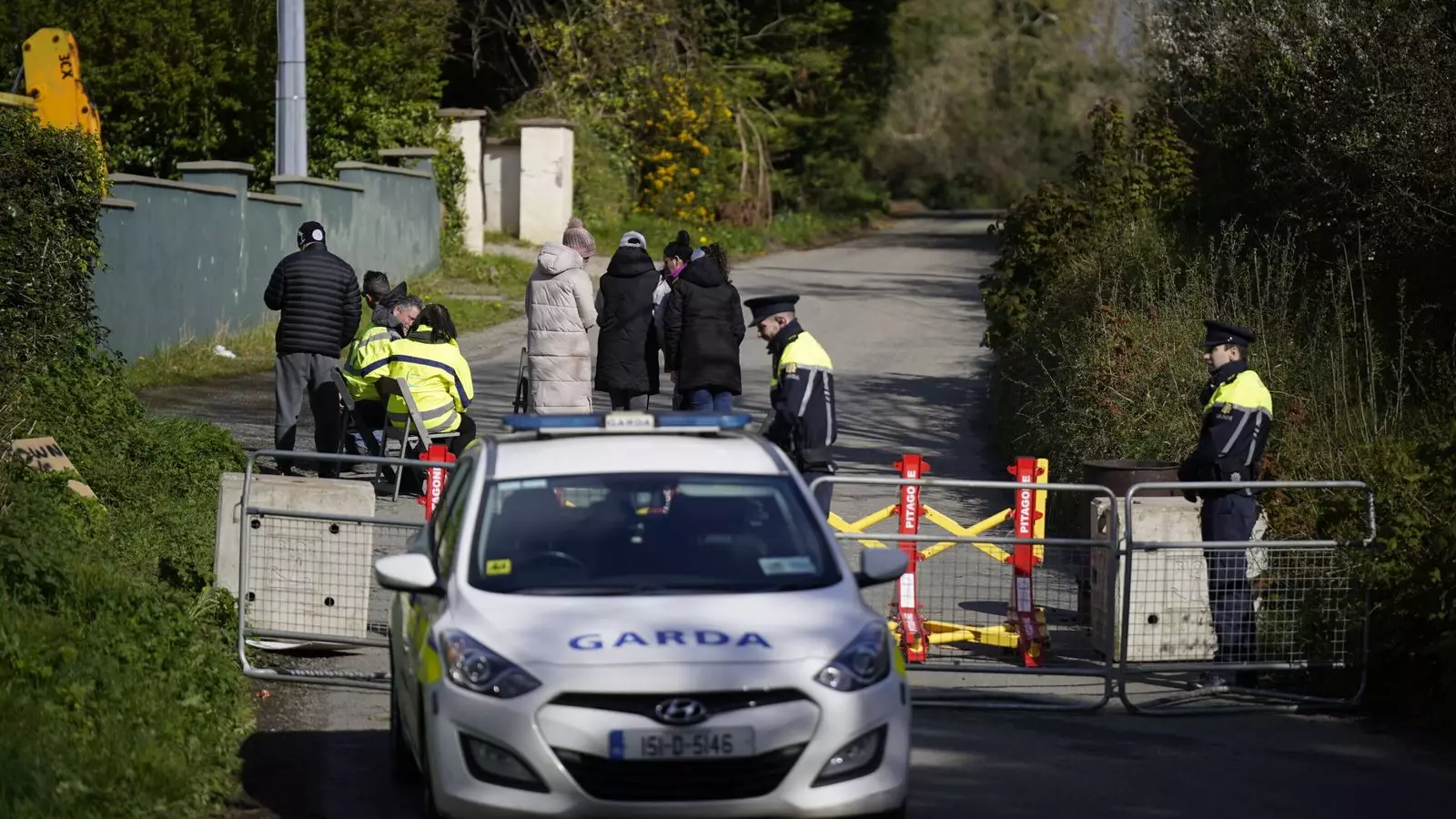The recent passing of the Rwanda Bill in the UK, which mandates the deportation of asylum seekers entering the country illegally to Rwanda, has had ripple effects on immigration trends in Ireland. According to Ireland’s deputy prime minister, Micheal Martin, migrants are now choosing Ireland over the UK out of fear of being sent to Rwanda, regardless of the outcome of their asylum application.
Justice minister Helen McEntee revealed that over 80% of asylum seekers in Ireland entered the country through Northern Ireland, thanks to the open border policy guaranteed under the UK-EU Brexit treaty. This influx of migrants has exacerbated tensions surrounding immigration levels in Ireland, particularly as the country grapples with a housing crisis affecting both its citizens and asylum seekers.
Protests and Controversies Surrounding Asylum Seeker Housing
Recent protests at a site earmarked for housing asylum seekers in Newtownmountkennedy, Co Wicklow have highlighted the challenges faced by local communities. The incident, which resulted in six arrests and damage to patrol cars, showcased the growing discontent and resistance towards accommodating asylum seekers in the region. There were accusations of unnecessary force and aggressive tactics by law enforcement, further fueling the tension surrounding immigration issues.
Justice Minister Helen McEntee emphasized the prevalence of misinformation surrounding migration and asylum seeking in Ireland. In response, she promoted the EU Migration and Asylum Pact as a potential solution to streamline the immigration process and address misconceptions about the issue. However, the ongoing protests and clashes indicate a deeper divide and resistance within the local community towards accommodating asylum seekers.
The impact of deportation policies and the broader immigration challenges faced by Ireland reflect a complex and multifaceted issue that requires a comprehensive and sensitive approach. As the country navigates the influx of asylum seekers and grapples with housing shortages, it is essential to address the underlying concerns and engage in dialogue to foster understanding and cooperation among all stakeholders involved. Only through collaborative efforts and a commitment to empathy and inclusivity can Ireland effectively address its immigration challenges and create a more welcoming and cohesive society for all.



Leave a Reply